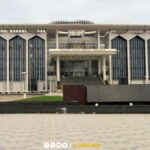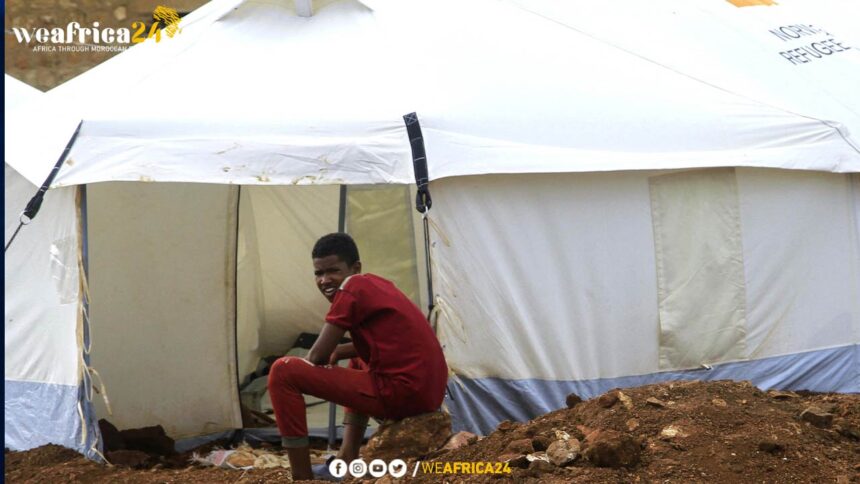As of July 15th, the devastating war in Sudan has entered its sixteenth month, leading to the displacement of 10 million Sudanese, including 8 million internally displaced, according to the United Nations High Commissioner for Refugees. Among these displaced are thousands of farmers who have been driven from their lands, jeopardizing the harvests of the past two seasons and exacerbating fears of a famine that threatens this East African nation.
The World Health Organization reports that 18 million people in Sudan are suffering from acute hunger, with 5 million in emergency conditions related to food scarcity. Following the destruction of hospitals and the medical sector, farmers have become the latest victims of the Rapid Support Forces (RSF) atrocities. These violent acts are concentrated in the agricultural states of Al-Jazirah and Sennar, which have recently come under RSF attacks.
Resistance committees in Wad Madani, the capital of Al-Jazirah State, are raising the alarm. These committees, consisting of young activists born from the 2019 uprising against Omar al-Bashir’s regime, issued a statement on Sunday condemning RSF’s brutal actions against farmers in Al-Jazirah. This central Sudanese state, known for its fertile agricultural land, fell into RSF hands last December.
According to the statement, the RSF has systematically looted and destroyed farmers’ infrastructure and equipment. Thousands of tractors, utility vehicles, crops, seeds, and pesticides have been seized. The RSF’s objective, as stated, is to drive farmers away and effectuate “a demographic change in this state.”
The destruction of irrigation systems has forced farmers to cease their activities, leading to the suspension of operations in a cooperative spanning 2.2 million hectares, the largest in Africa, which has been functioning for 100 years.
The Al Rahd project, which irrigates vast agricultural areas and has been operational since 1977, has also been ransacked. In Al Jonaid, the country’s first sugar refinery, inaugurated in 1962, was vandalized and destroyed. In the neighboring state of Sennar, southeast Sudan, where 80% of the villages are under RSF control, the same pattern of destruction is evident, according to the Emergency Response Room (ERR) in Dinder, an initiative by young people aimed at aiding civilians.
Faced with death threats, beatings, and torture at the hands of the RSF, farmers in this region and the surrounding villages near the Ethiopian border are fleeing their lands. This exodus risks the loss of upcoming harvests as Sudan teeters on the brink of famine.
In conclusion, the systematic targeting of agricultural sectors by the RSF in Sudan not only displaces thousands of farmers but also threatens the food security of millions. As these atrocities continue, the likelihood of a severe famine looms large, necessitating urgent international intervention and support.







